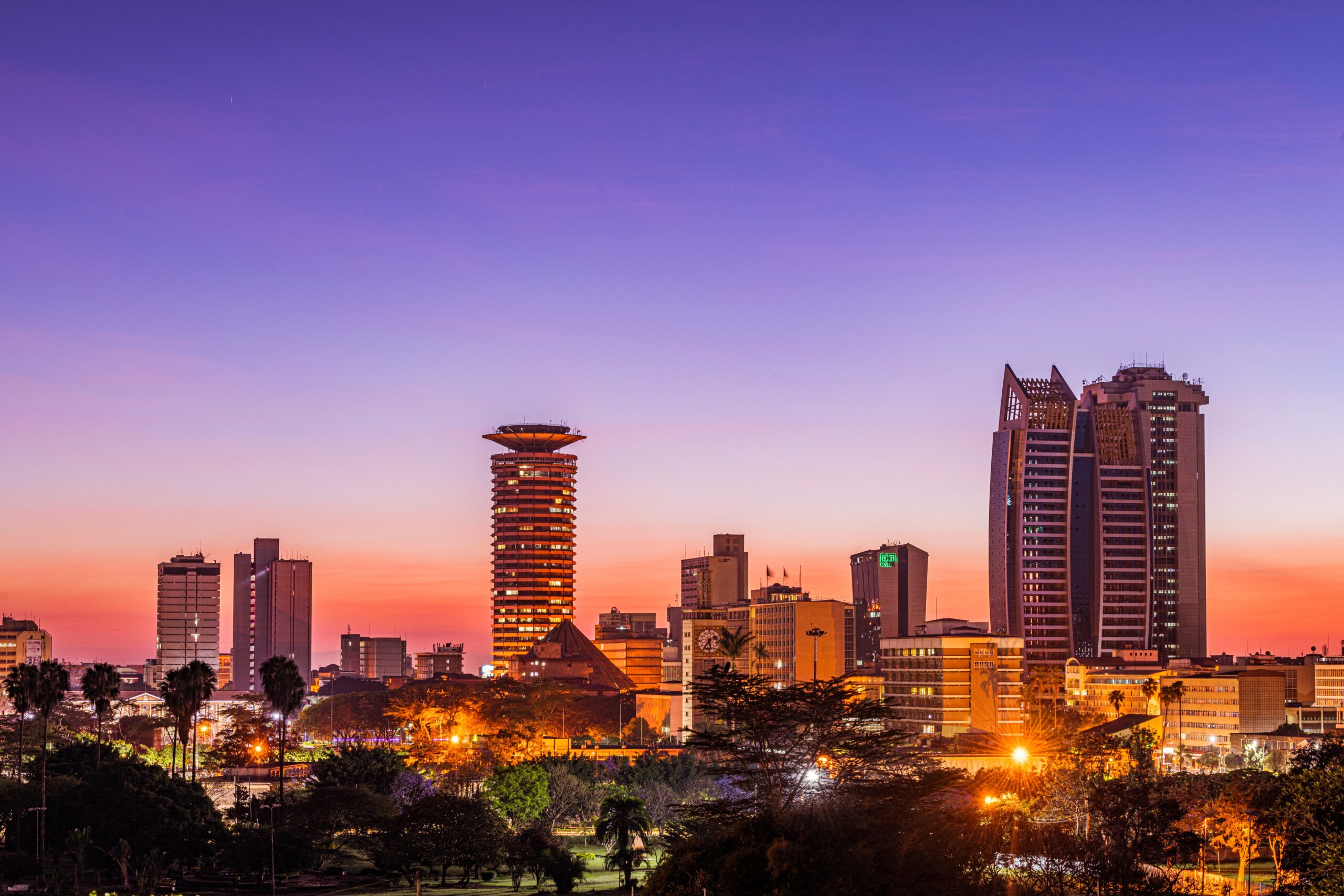The cost of living and travel expenses can vary significantly across Africa. However, some cities are known to be more expensive for tourists due to factors such as high accommodation prices, dining costs, transportation expenses, and overall standards of living. Here are some of the most expensive cities in Africa:
Luanda, Angola
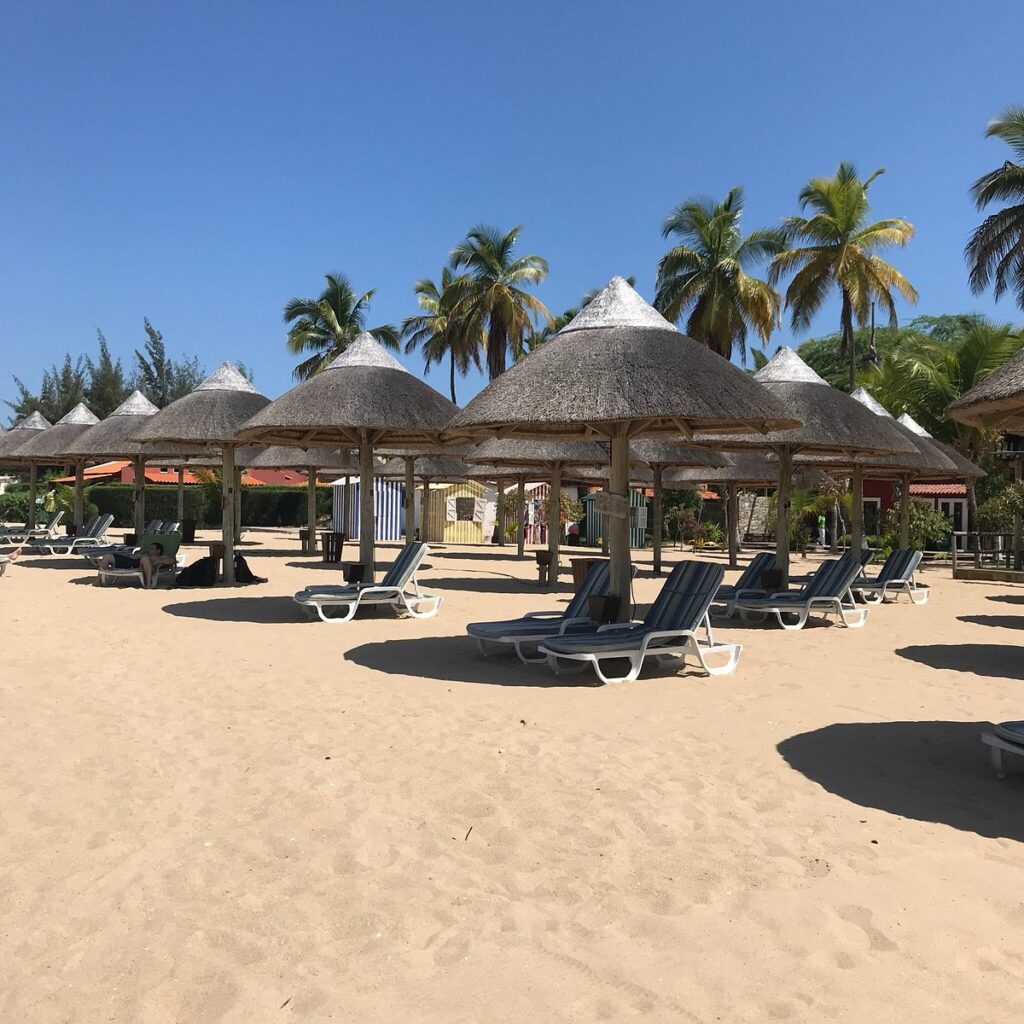
The cost of accommodation in Luanda is exceptionally high. Rental prices for apartments, houses, and hotel rooms are among the highest in the world. This is primarily due to the limited supply of quality housing options, high demand from expatriates and international corporations, and the overall scarcity of affordable housing.
Eating out at restaurants and purchasing groceries in Luanda can also be costly. Imported food items, in particular, tend to be expensive due to Angola’s reliance on imports. The higher costs are also influenced by transportation expenses, import taxes, and the overall infrastructure challenges that impact the availability of certain goods.
Transportation costs in Luanda can be significant. The city has limited public transportation options, and most residents and visitors rely on taxis or private vehicles. The price of fuel is relatively high, contributing to the overall transportation expenses for both locals and tourists.
Angola heavily relies on imports for many goods, including consumer products, electronics, and luxury items. Import duties and taxes imposed on these goods can significantly increase their prices, making them more expensive for consumers.
Currency Exchange Rates: The exchange rate can also affect the cost of living in Luanda for tourists. Fluctuations in the value of the Angolan kwanza against major international currencies can impact the purchasing power of visitors. It’s essential for travelers to consider currency exchange rates when budgeting for their expenses in Luanda.
While not directly related to expenses, it’s worth noting that Luanda’s high cost of living is partially due to the security measures required in the city. Adequate security measures are necessary to ensure the safety and well-being of residents and visitors, which can contribute to overall expenses.
Victoria, Seychelles
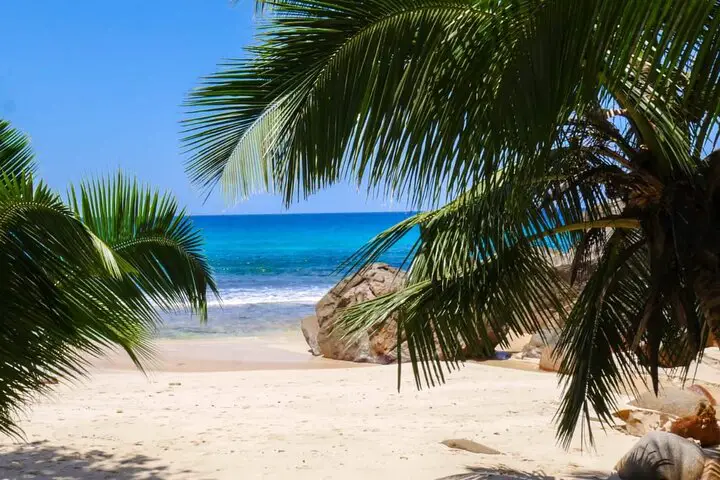
Victoria, the capital city of Seychelles, is known for its stunning natural beauty and luxurious offerings. It is a popular tourist destination, but it is also recognized as one of the most expensive cities in the world. Here is more information on the costliness of Victoria:
The cost of accommodation in Victoria is notably high, especially when compared to other cities in Africa. The city offers a range of luxurious resorts, boutique hotels, and private villas that cater to high-end travelers. Prices can be particularly steep during peak tourist seasons, and booking in advance is often necessary to secure preferred accommodations.
Victoria is home to a variety of upscale restaurants, gourmet eateries, and international cuisine establishments. While there are also more budget-friendly dining options available, fine dining experiences in luxurious settings can be quite expensive. Additionally, entertainment and nightlife activities, such as attending exclusive events or visiting high-end bars and clubs, can contribute to overall expenses.
Getting around Victoria and the surrounding islands can add to the overall cost of a trip. While public transportation is available, taxis and private transfers are often preferred, especially for more convenient access to various attractions and remote locations. These private transportation options can be relatively expensive, especially for longer journeys or island-hopping.
Seychelles, including Victoria, heavily relies on imported goods due to its small size and limited local production. Imported food items, beverages, and other products tend to be more expensive than in many other parts of the world. This is partially due to transportation costs, import taxes, and the overall logistics of supplying goods to the islands.
Victoria and the Seychelles archipelago offer a wide range of tourist activities, including island tours, water sports, and spa experiences. These activities can come with a significant price tag, especially when opting for high-end packages or exclusive experiences.
The pristine natural beauty of the Seychelles, including white sand beaches, crystal-clear waters, and lush vegetation, is one of its main draws for tourists. However, access to some of the more remote or secluded locations may require additional expenses, such as boat charters or guided tours.
Libreville, Gabon
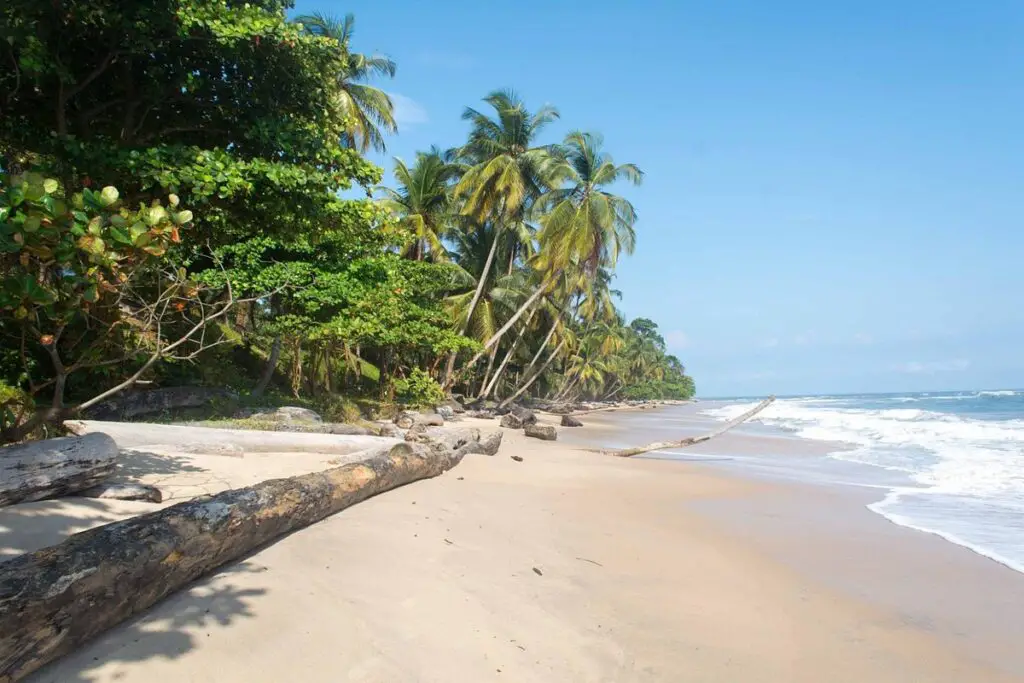
The cost of accommodation in Libreville is notably high. The city offers a range of luxury hotels and serviced apartments, catering to business travelers and expatriates. The limited availability of affordable housing options and the high demand for quality accommodations contribute to the elevated prices.
Eating out in Libreville can be expensive, especially at upscale restaurants and international eateries. The cost of dining is influenced by the importation of many food items, which can be subject to high import taxes and transportation costs. Additionally, dining options can be limited, further affecting the prices of meals.
Gabon relies heavily on imports for various goods, including food products, consumer goods, and luxury items. The importation process, import taxes, and transportation expenses contribute to the high prices of imported goods in Libreville.
Transportation costs in Libreville can be relatively high. While the city has some public transportation options, such as buses and taxis, the reliability and availability of these services may vary. Many residents and visitors prefer private vehicles or taxis, which can contribute to higher transportation expenses.
Utility costs, such as electricity, water, and internet, can also be relatively expensive in Libreville. The quality and reliability of these services may vary, and utility bills can add to the overall cost of living.
Engaging in leisure and entertainment activities in Libreville can be costly. The city offers various recreational options, including shopping malls, cinemas, and cultural events, but these activities often come with higher price tags.
Nairobi, Kenya

Nairobi, the capital city of Kenya, is generally considered to be one of the more expensive cities in East Africa. While it may not be as costly as some other major global cities, Nairobi still has its share of high living costs. Here is more information on the costliness of Nairobi:
The cost of accommodation in Nairobi can vary depending on the location, type of lodging, and amenities offered. Upscale hotels and serviced apartments in popular neighborhoods tend to be more expensive. However, Nairobi also offers a range of mid-range and budget-friendly accommodations that cater to different budgets.
Nairobi has a diverse culinary scene with a wide range of dining options. While there are affordable local eateries and street food vendors available, dining at upscale restaurants or international cuisine establishments can be relatively expensive. Prices can vary depending on the restaurant’s location and the type of cuisine served.
Nairobi has a mix of public transportation options, including buses and matatus (shared taxis), which are relatively affordable. However, private taxis and ride-sharing services can be more expensive, especially for longer distances or during peak hours. It’s important to negotiate fares or use reliable taxi-hailing apps to ensure a fair price.
Nairobi offers various entertainment and leisure activities, such as shopping malls, cinemas, theaters, and nightlife venues. While some of these activities can be affordable, others, especially those catering to a more upscale clientele, can be relatively expensive. Entrance fees, drinks, and cover charges at certain establishments can contribute to overall expenses.
Like many cities, Nairobi relies on imported goods, and prices for imported items can be higher due to transportation costs, import duties, and taxes. Imported luxury goods and brands may carry a higher price tag compared to local or regional products.
Johannesburg, South Africa
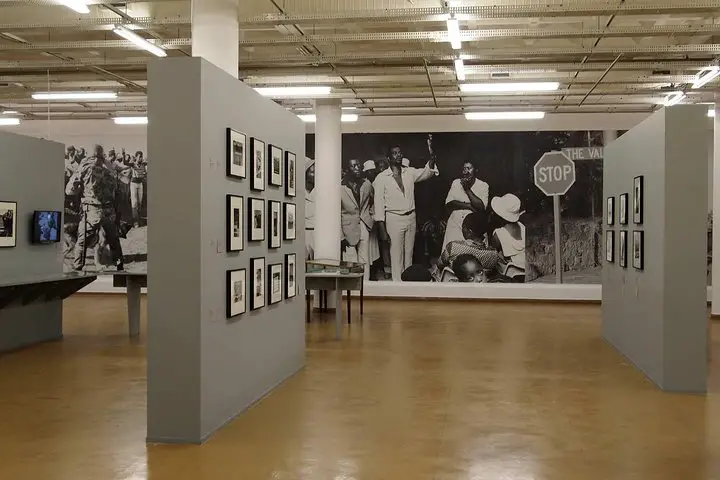
Johannesburg, the largest city in South Africa, is generally considered to be one of the more expensive cities in the country.
The cost of accommodation in Johannesburg can vary depending on the location, type of lodging, and amenities offered. The city offers a wide range of options, from luxury hotels and serviced apartments to mid-range hotels and budget-friendly guesthouses. The prices can be higher in popular areas such as Sandton and Rosebank.
Johannesburg has a diverse culinary scene with a wide range of dining options. While there are affordable eateries and street food vendors available, dining at upscale restaurants or international cuisine establishments can be relatively expensive. Prices can vary depending on the restaurant’s location and the type of cuisine served. Entertainment activities such as visiting theaters, cinemas, and live music venues may also come with a higher price tag.
Transportation costs in Johannesburg can vary depending on the mode of transport. Public transportation, such as buses and minibus taxis, is generally affordable, but the reliability and convenience may vary. Private taxis and ride-hailing services like Uber are available but can be relatively more expensive. Renting a car is also an option, but it will come with additional costs such as fuel and parking fees.
Johannesburg offers a wide range of shopping options, from local markets and street vendors to modern shopping malls. Prices for clothing, electronics, and other goods can vary depending on the brand and location. Luxury international brands and imported goods tend to be more expensive, while locally made products may offer more affordable options.
The cost of utilities such as electricity, water, and internet can contribute to the overall expenses in Johannesburg. Additionally, services such as healthcare, fitness centers, and recreational activities may have associated costs.
While Johannesburg has made efforts to improve safety and security, it’s important to be cautious and take necessary precautions. Certain areas of the city may have higher crime rates, and it’s advisable to stay in well-populated and secure areas, particularly at night. Choosing secure accommodations and transportation options can also contribute to the overall expenses.
Dakar, Senegal
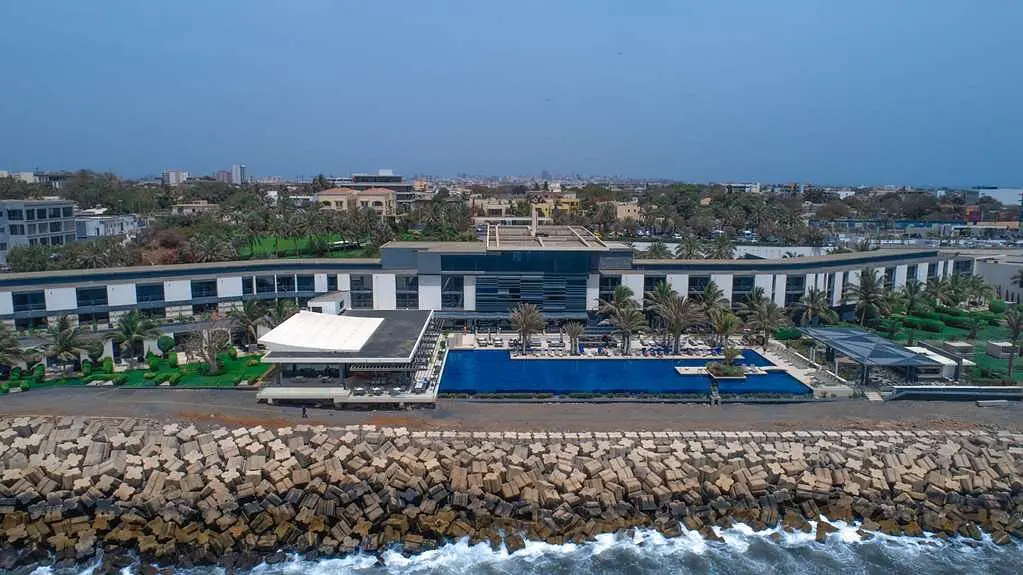
Dakar, the capital city of Senegal, is generally considered to be one of the more expensive cities in West Africa.
The cost of accommodation in Dakar can vary depending on the location, type of lodging, and amenities offered. The city offers a range of options, from luxury hotels and upscale resorts to mid-range hotels, guesthouses, and budget-friendly accommodations. Prices tend to be higher in popular areas such as the city center, Corniche, and Almadies.
Dakar is known for its vibrant culinary scene, offering a variety of restaurants, cafes, and eateries. The cost of dining out can vary depending on the type of cuisine and the location of the establishment. Local traditional dishes such as thieboudienne (rice and fish) or yassa (marinated meat or fish) can be more affordable, while international or upscale restaurants may come at a higher price. Entertainment activities such as visiting theaters, cinemas, and nightclubs may also incur additional costs.
Public transportation in Dakar, including buses and minibusses known as “car rapides,” is relatively affordable. Taxis, especially those using meters or ride-hailing services, can also be an option, but it’s advisable to negotiate fares or use reliable taxi apps to ensure a fair price. Renting a car can be more expensive, considering factors such as fuel costs and parking fees.
Dakar offers a range of shopping experiences, from local markets and street vendors to modern shopping centers. Prices for clothing, accessories, crafts, and souvenirs can vary depending on the location and the bargaining skills of the buyer. Traditional markets like Sandaga and Soumbedioune offer opportunities for negotiation, while shopping malls may feature higher-end brands with corresponding price tags.
The cost of utilities such as electricity, water, and internet can contribute to the overall expenses in Dakar. Additionally, services like healthcare, fitness centers, and recreational activities may have associated costs.
While Dakar is relatively safer compared to some other cities in the region, it’s important to remain vigilant and take necessary precautions. Avoiding isolated areas, particularly at night, and using reliable transportation options can contribute to overall safety. Opting for secure accommodations and keeping belongings secure are also important considerations.
Accra, Ghana
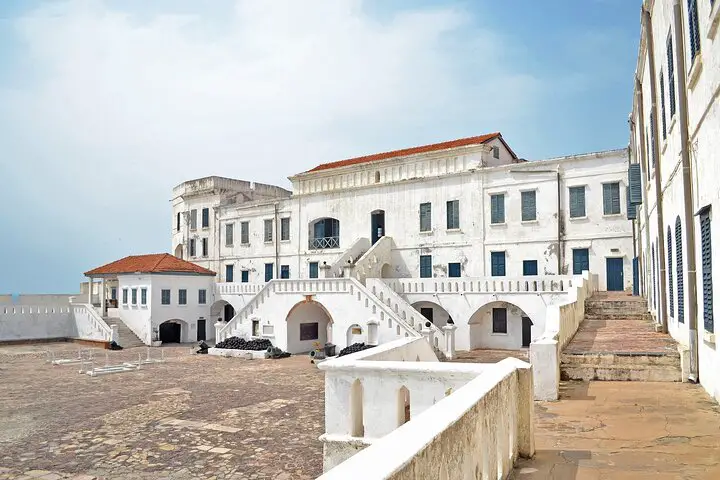
Accra, the capital city of Ghana, is generally considered to be one of the more expensive cities in West Africa.
The cost of accommodation in Accra can vary depending on the location, type of lodging, and amenities offered. The city offers a range of options, from luxury hotels and upscale resorts to mid-range hotels, guesthouses, and budget-friendly accommodations. Prices tend to be higher in popular areas such as Osu, Airport Residential Area, and Labadi.
Accra boasts a diverse culinary scene, offering a variety of restaurants, cafes, and eateries. The cost of dining out can vary depending on the type of cuisine and the location of the establishment. Local dishes such as jollof rice, banku, and grilled fish are typically more affordable, while international or upscale restaurants may come at a higher price. Entertainment activities such as visiting theaters, cinemas, and nightclubs may also incur additional costs.
Public transportation in Accra, including buses and minibusses known as “trotros,” is relatively affordable. Taxis, especially those using meters or ride-hailing services, can be a convenient but slightly more expensive option. Renting a car is also possible, but it’s important to consider factors such as fuel costs, parking fees, and potential traffic congestion.
Accra offers various shopping experiences, from local markets and street vendors to modern shopping malls. Prices for clothing, accessories, crafts, and souvenirs can vary depending on the location and the bargaining skills of the buyer. Traditional markets like Makola Market and Osu Oxford Street are known for their vibrant shopping experiences, while shopping malls may feature higher-end brands with corresponding price tags.
The cost of utilities such as electricity, water, and internet can contribute to the overall expenses in Accra. Additionally, services like healthcare, fitness centers, and recreational activities may have associated costs.
Accra, like any other city, requires visitors to remain vigilant and take necessary precautions. While it is generally considered safe, it’s important to be aware of your surroundings, especially in crowded areas, and keep your belongings secure. Using reliable transportation options and staying in well-populated areas can contribute to overall safety.

